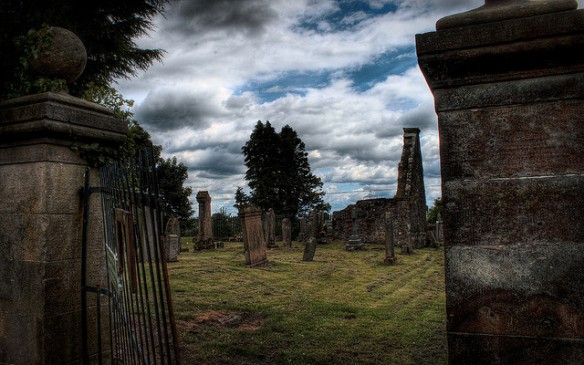 The challenge of the wisdom tradition is not that it is ancient or primitive; it is in its ability to speak to our world so pointedly and with such practical sophistication that our assumptions about what are possible appear pale and impoverished by comparison.
The challenge of the wisdom tradition is not that it is ancient or primitive; it is in its ability to speak to our world so pointedly and with such practical sophistication that our assumptions about what are possible appear pale and impoverished by comparison.
That apt summary by Chris Bourne reminds us that the implications of wisdom are many and huge and stretch across the spectrum of life and activity. In our own time, however, “the cries” of wisdom, as the biblical sages put it, either are not heard or they sound like far distant echoes that are hard to discern and so they need no response from us. Today it’s the latest thing, the current view, the emerging theory, the prevailing opinion, the fake news. Whatever catches our ears. Never mind that the most fashionable neighborhoods might be offering us the latest foolish things or slick repackagings of original temptations.
Fortunately, neither wisdom nor the desire for it has completely fled the earth. There are clear signs today of what wisdom theologian David Ford calls a “heightened alertness” to our need for wisdom in every area, from family life to foreign policy. This has certainly been my experience during the twenty-five years in which I have been working with individuals and groups to develop wisdom-based ambitions and initiatives of various kinds. I often meets people who are strangely stirred to life at the mere mention of the word wisdom – as if some long-forgotten vitality had suddenly come into view and energized them. Look. There stands Lady Wisdom, attractive and beckoning.
So the problem is not that wisdom has lost her way. We have lost ours. And having done so, we are not sure what we should be looking for.
To go right to the heart of the matter, and briefly, wisdom enables us to work cooperatively and peaceably together in areas of private, public, and political activity where diversity is normative, cooperation is essential, and human flourishing is desired. To say that another way, wisdom gives us access to make reasonable and responsible decisions for good that are grounded in the basic interests and concerns that are shared by the human family as a whole before distinctions are made about ethnicity or nationality or core religious differences or even about who is religious and who is not.
Let that sink in.
It is a good starting insight for anyone seeking wisdom. I call it wisdom’s unconditional respect for human mutuality. If it sounds unrealistic or idealistic or even ridiculous, think about this. Where our reliance on God’s peaceable wisdom has waned or been marginalized then individualism, adversarial relations, demonizing of the other, sectarian violence, conflict, or war has torn apart families, communities, nations, and international relations. In all of this, and in much more besides, wisdom challenges us to stop and rethink our relationships, our differences, and our divisions in the light of our mutuality as human beings.
Once Lady Wisdom is seen, the challenge then becomes keeping your eye on her, to discover, follow, and apply her peaceable ways amid diversity and across unnecessary boundaries. Today this may require some embarrassing confessions and turnings. It may mean painful unlearning and relearning. It may entail the kind of experimenting where we give each other permission to fail and then to get up and try again and again, and yet again. Having been at this learning / unlearning thing for quite some time, I simply want to share as best as I can on this site ways in which I see wisdom speaking to our world today.
No way do I claim to be “the wisdom answer man.” But I have had a lot of experiences to learn from, over a long period of time, working cooperatively with all all kinds of people. It hasn’t always been easy. But one of the ways we learn wisdom is from each other (though we may have forgotten that). And so I most sincerely hope that you will take advantage of the “comments” area to share some of your wisdom with me and with readers of the blog if an article catches your own eye.
Thank you for stopping by.
Here is the first post on this blog, which gets the conversation going.
